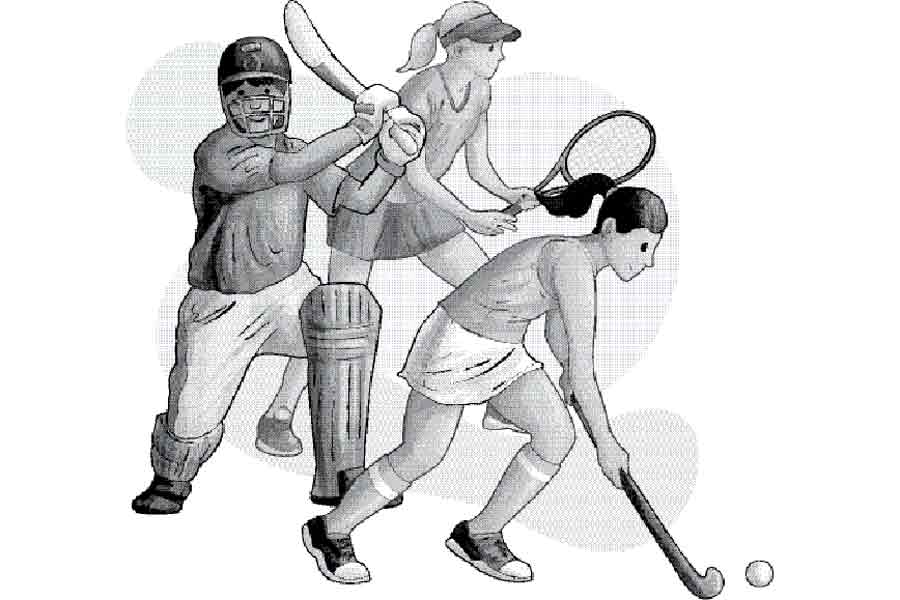
Published :
Updated :

It is no news that India has been hostile towards Bangladesh, politically or otherwise, since the fall of Sheikh Hasina's fascist government. The giant neighbour finds it hard to accept the ouster of a friend like Sheikh Hasina, who served its cause better than her own country. An enraged India has not only granted refuge to a fugitive dictator but also done everything to sour relations with a small neighbour; it has restricted the issuance of visas and movement of goods between the two countries through land and sea ports. Shipments of goods such as apparel and jute have become costlier because of the Indian actions.
Lately, the leaders of the largest South Asian nation, who during Hasina's regime used to rate the relations with Bangladesh as 'historic highs', have taken their hostility towards Bangladesh to the sports arena.
India's cricket control board cancelled its scheduled tour of Bangladesh next month. Indian national team was supposed to play three ODIs and three T20Is. Two boards decided on the fixture last April. The matter did not end there. The Board of Control for Cricket in India (BCCI) has also informed the Asian Cricket Council (ACC), presently headed by Pakistan, that it would not attend the ACC Annual General Meeting scheduled for today (Thursday) in Dhaka. It had asked the ACC to shift the meeting to a neutral venue. This development puts the future of the forthcoming ACC T20 Cup in jeopardy.
With India abstaining, neither ACC T20 Cup matches, nor ACC AGM will be held as scheduled, for the country is regarded as a cricket superpower. Because of its financial might, it has been dictating terms in global cricket. The International Cricket Council (ICC) has become subservient to BCCI. There have been plenty of instances where the ICC gave in to Indian whims and indulged in discriminatory behaviour to other national teams, minnows being the worst victims.
It seems India will not be alone in boycotting the ACC Cup and ACC AGM. Full ACC members like Sri Lanka, Afghanistan and Oman and some associate members might follow suit, coming under Indian influence. Since holding of the ACC AGM is of crucial importance, an air of uncertainty is now there.
All-India Football Federation also withdrew from the SAFF U-20 Women's Championship, now in progress in Dhaka with four teams---Bangladesh, Bhutan, Nepal and Sri Lanka, citing no reason. The Indian boycott has also come according to a plan, it seems.
The rivalry between Pakistan and India in the cricket world is more or less a known fact. It is linked with the sour relations between the two South Asian nuclear powers since their birth. They have fought at least four small and big wars over Kashmir since 1947. Thus, national-level cricket matches between these two sworn enemies draw the attention of millions of cricket lovers across the world. The rivalry proves financially beneficial for both countries and also ICC.
But Bangladesh is not that sort of enemy for India. Except for a very insignificant border incursion at Padua some years back, there have been no military incidents along the border of the two countries.
A change of government, either through ballot or in the wake of mass uprising is an internal matter of any country. And, there should be no reason for a neighbour or a distant country to be unhappy or angry over such a development. India itself should be ashamed that it has granted refuge to a dictator who ordered the killing of more than 1400 people, most of whom are students and children. In addition, several thousands of people received injuries. The plundering of national resources worth billions by her family members and top party leaders is now a proven fact. Why is India supporting these people? Why should it defend those thugs and sour relations with a next-door neighbour?


 For all latest news, follow The Financial Express Google News channel.
For all latest news, follow The Financial Express Google News channel.